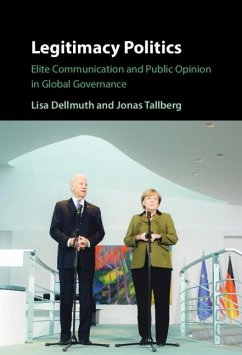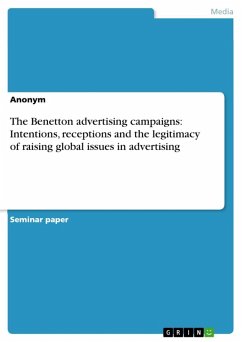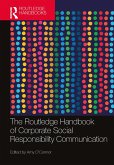Once staunch advocates of international cooperation, political elites are increasingly divided over the merits of global governance. Populist leaders attack international organizations for undermining national democracy, while mainstream politicians defend their importance for solving transboundary problems. Bridging international relations, comparative politics, and cognitive psychology, Lisa Dellmuth and Jonas Tallberg explore whether, when, and why elite communication shapes the popular legitimacy of international organizations. Based on novel theory, experimental methods, and comparative evidence, they show that elites are influential in shaping how citizens perceive global governance and explain why some elites and messages are more effective than others. The book offers fresh insights into major issues of our day, such as the rise of populism, the power of communication, the backlash against global governance, and the relationship between citizens and elites. It will be of interest to scholars and students of international organisations, and experimental and survey research methods.
Dieser Download kann aus rechtlichen Gründen nur mit Rechnungsadresse in A, B, BG, CY, CZ, D, DK, EW, E, FIN, F, GR, HR, H, IRL, I, LT, L, LR, M, NL, PL, P, R, S, SLO, SK ausgeliefert werden.









